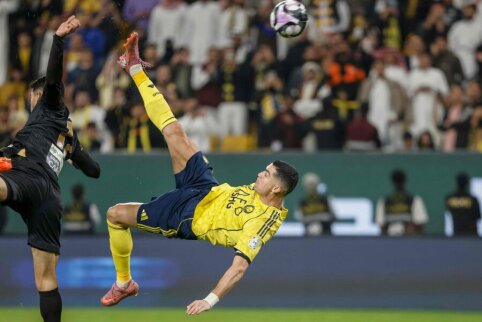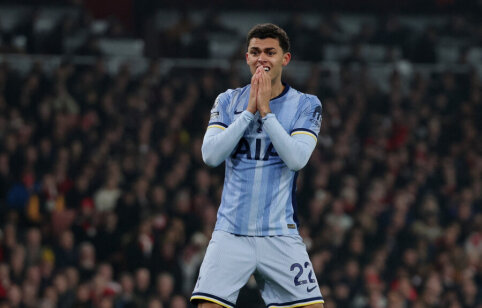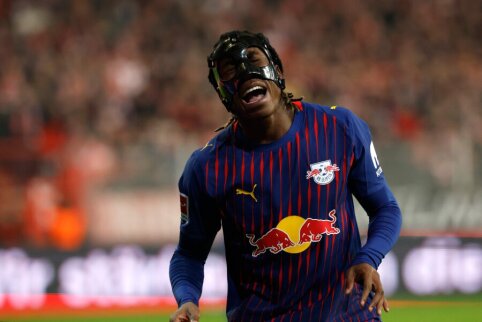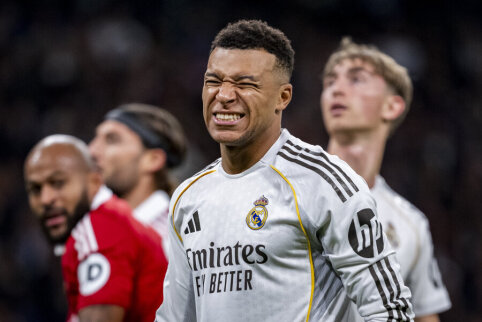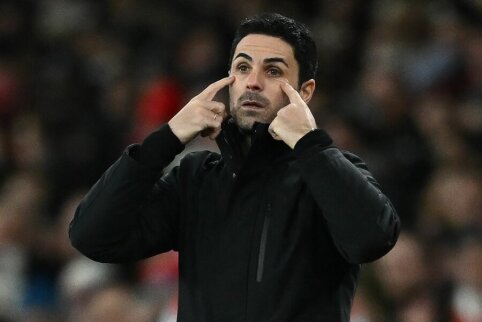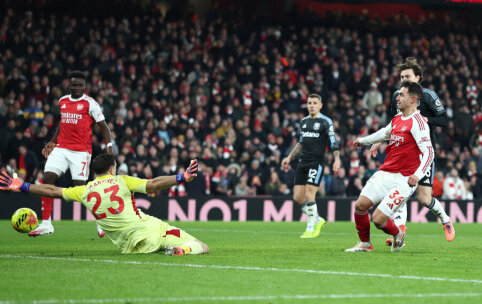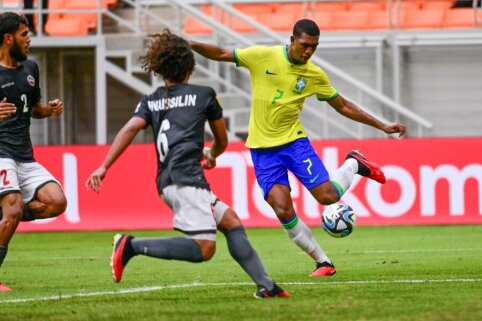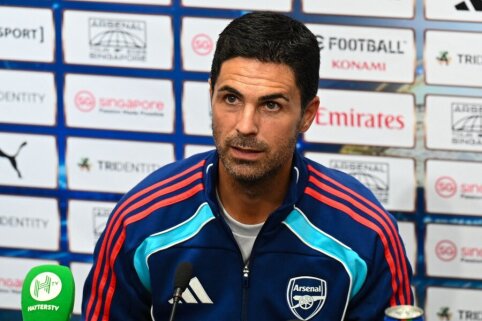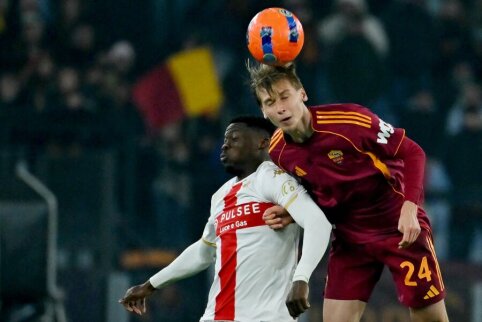 © EuroFootball.com
© EuroFootball.com
One of the most discussed events in this championship - the failure of the Spanish national team. Vicente del Bosque's team, criticized for their short passes and ball control-based football, received a painful blow for their overly negative tactics and the world champions packed their bags and went home after the group stage.
The European dominance of football based on short passes, limitless ball control, and intense pressure began in 2008 when P. Guardiola took over the reins of Barcelona. Barca won the Spanish league three times in a row and twice won the Champions League. The period of domination is perfectly reflected in the match of "El Clasico" in November 2010, where P. Guardiola's disciples humiliatingly defeated Real Madrid with a score of 5-0. Tiki-taka was then a destructive force in football that neither Jose Mourinho nor other famous strategists could find an antidote to.
However, everything comes to an end. It seems that the football style used by the Spanish national team and some elite European clubs is singing its swan song. Signs that this playing philosophy is facing a crash were already visible two years ago when Jupp Heynckes' Bayern Munich tore Barcelona apart.
When Pep Guardiola took over the reins of the Bavarians, the main proponent of tiki-taka, the Bayern team also transitioned to this style of play. While they collected all the titles on the domestic front, the Germans did not perform so well in Europe. In the UEFA Champions League semi-finals, the Bavarians were easily defeated by the future continental champions Real Madrid.
The trends became clear - it is not difficult for organized defending and counterattacking teams to neutralize the tiki-taka style, while it is not so easy for teams playing in this style to switch and play a more aggressive, direct, and efficient football.
This was not achieved by the conservative V. Del Bosque, whose Spanish national team, which in the final of the Confederations Cup tournament last year, was overwhelmed by the vibrant Brazilians. It seems that no conclusions were drawn over the year - the same squad was taken to the World Cup, the same tactics were chosen, and it is not surprising that the same result was obtained.
It is possible to argue and claim that the reasons for this Spanish fiasco were completely different - lack of team spirit, disagreements in the dressing room, which have been increasingly written about in the media lately, or perhaps the aging golden generation lacking youthful enthusiasm and ambition.
This fiasco is more likely the last song of tiki-taka, not the end of the era of the Spanish national team. In the near future, we may see a rejuvenated team led by young faces, perhaps with a different strategist at the helm of La Furia Roja. Jese Rodriguez, Koke, Thiago Alcantara, Isco, and many other promising players could replace the current team leaders and play a different - faster, more efficient, and no less successful football.
And despite the fact that the king has already been dethroned, tiki-taka cannot be completely written off. It is unlikely that we will see P. Guardiola changing his philosophy and implementing a different style of play at Bayern Munich. Most likely, this style of football will be refined, polished, and we may see a more effective, innovative tiki-taka, but for now, it can be said that it is time to make room for a different type of football.

